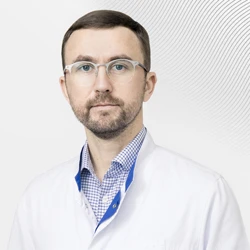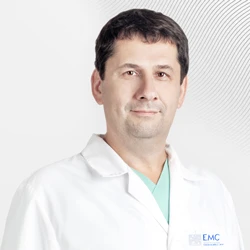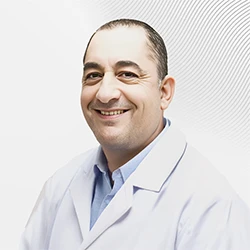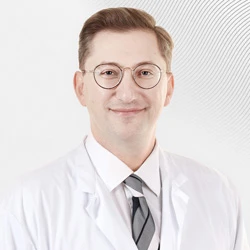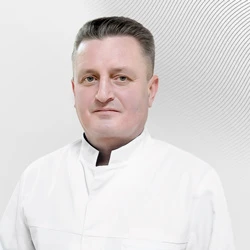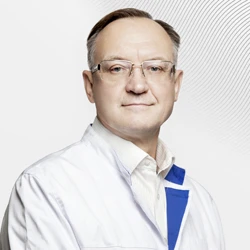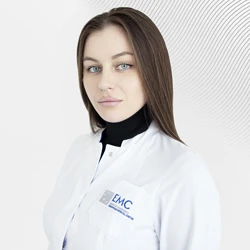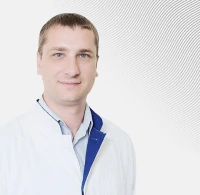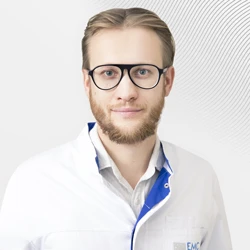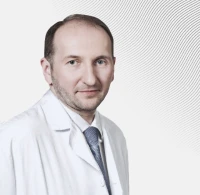Parkinson's disease
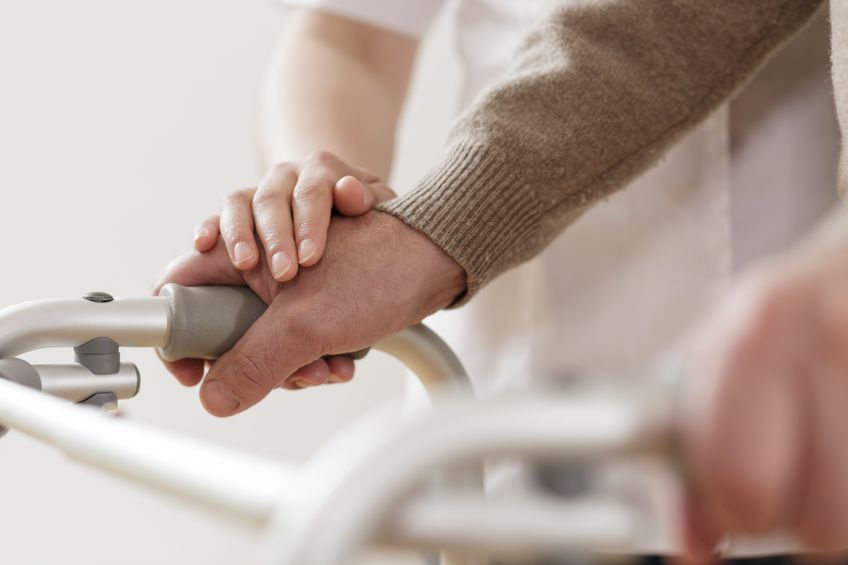 The EMC Neurology Clinic is one of the few in Moscow where conservative and surgical treatment of Parkinson's disease is performed according to modern international protocols.
The EMC Neurology Clinic is one of the few in Moscow where conservative and surgical treatment of Parkinson's disease is performed according to modern international protocols.
Parkinson's disease accounts for 70-80% of cases of Parkinsonism syndrome. It is the most common neurodegenerative disease after Alzheimer's disease. Parkinson's disease is a slowly progressive disease characteristic of the older age group, affecting primarily the extrapyramidal motor system. Most often, the symptoms of this disease are: slowing down of movements — hypokinesia, tremor, increased muscle tone, impaired stability. Similar symptoms can occur with vascular diseases, after trauma, hypoxia, encephalitis, or may be a side effect of certain medications – in this case, this condition is called symptomatic Parkinsonism. In addition, Parkinsonism syndrome can be observed in other degenerative diseases of the nervous system, such as progressive supranuclear palsy, dementia with Lewy bodies, multisystem atrophy, and corticobasal degeneration.
Parkinsonism should be suspected if the patient develops:
- slowing down movements;
- gait with small shuffling steps;
- tremor of the hands at rest, like "counting coins" or "rolling pills";
- increased muscle tone by the type of "folding knife";
- instability, falls.
Risk factors for parkinsonism and Parkinson's disease:
- whether relatives have Parkinson's disease;
- old age;
- contact with pesticides; In the case of vascular parkinsonism (caused by a vascular disease of the brain), vascular risk factors are added - a family history of vascular diseases, high blood pressure, impaired cholesterol metabolism, smoking, alcohol, lack of physical activity, and obesity.
Diagnostics
To diagnose Parkinson's disease, a neurologist is examined, while the history of the symptoms of the disease is carefully clarified, a physical and neurological examination is performed, if necessary, cognitive function testing, psychoemotional disorders, laboratory examination, genetic examination (with a genetic predisposition) and neuroimaging (MRI of the brain) are performed. It is necessary to exclude secondary symptomatic parkinsonism (caused by vascular pathology of the brain, tumors, trauma, calcifications of the basal ganglia, deposition of copper, etc.).
Treatment
Currently, many methods of drug and surgical treatment of Parkinson's disease are available. Surgical treatment using electrical stimulation of deep brain structures, DBS (deep brain stimulation), is increasingly becoming the method of choice for some groups of patients.
Non-surgical methods of treating Parkinson's disease include not only medications, but also training and support programs for patients and relatives, physical rehabilitation and physiotherapy, classes with a speech therapist, and catering. The optimal combination of treatment methods depends on the symptoms, age, stage and severity of the disease, and the degree of physical activity of the patient.
Drug treatment of Parkinson's disease
In the European Medical Center, it is performed according to modern Western European and North American protocols. Much attention is paid to the treatment of non-motor manifestations of Parkinson's disease, in particular, non-cognitive neuropsychiatric disorders (NIDD), which include apathy, depression, emotional lability, and sleep disorders. In addition to drug therapy, a set of non-pharmacological methods can be used to treat these symptoms - psychotherapy, cognitive behavioral therapy. The complex of neurorehabilitation measures includes increasing the motor, cognitive and social activity of patients. Treatment is carried out with the active cooperation of relatives or caring staff.
In Parkinson's disease, which is resistant to drug therapy, the European Medical Center, as well as all over the world, uses neurosurgical treatments aimed at stimulating or destroying the basal nuclei and their connections. DBS – Deep brain stimulation is aimed at stimulating the basal nuclei. After this type of neurosurgical treatment, the score on the Daily activity scale (UPDRS) increases to 53%.
Why the EMC
The first and only clinic in Russia, created in the image of the world's leading clinics
EMC is a multidisciplinary center offering patients a high level of medical services and a personalized approach
Worldwide recognition and awards
 Learn more
Learn more
Worldwide recognition and awards
 Certificates and licenses
Certificates and licenses
Make an appointment for a consultation
Specify your contacts and we will contact you to clarify the details
Reviews
and new products of the EMC

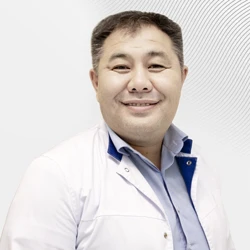
.webp)
